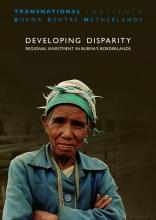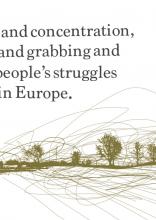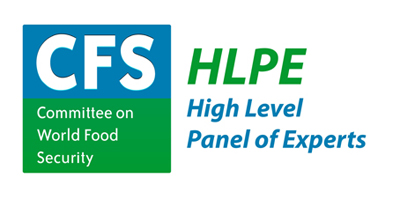Unheard Voices: The Human Rights Impact Of Land Investments On Indigenous Communities In Gambella
The Ethiopian government has committed egregious human rights abuses to make way for agricultural land investments, in direct violation of international law, said the Oakland Institute in a new briefing paper released in New Delhi today. The briefing paper, entitled "Unheard Voices: The Human Rights Impact of Land Investments on Indigenous Communities in Gambella,” calls on Ethiopia to put an end to the illegal forced evictions of indigenous peoples in areas targeted for land investment.











